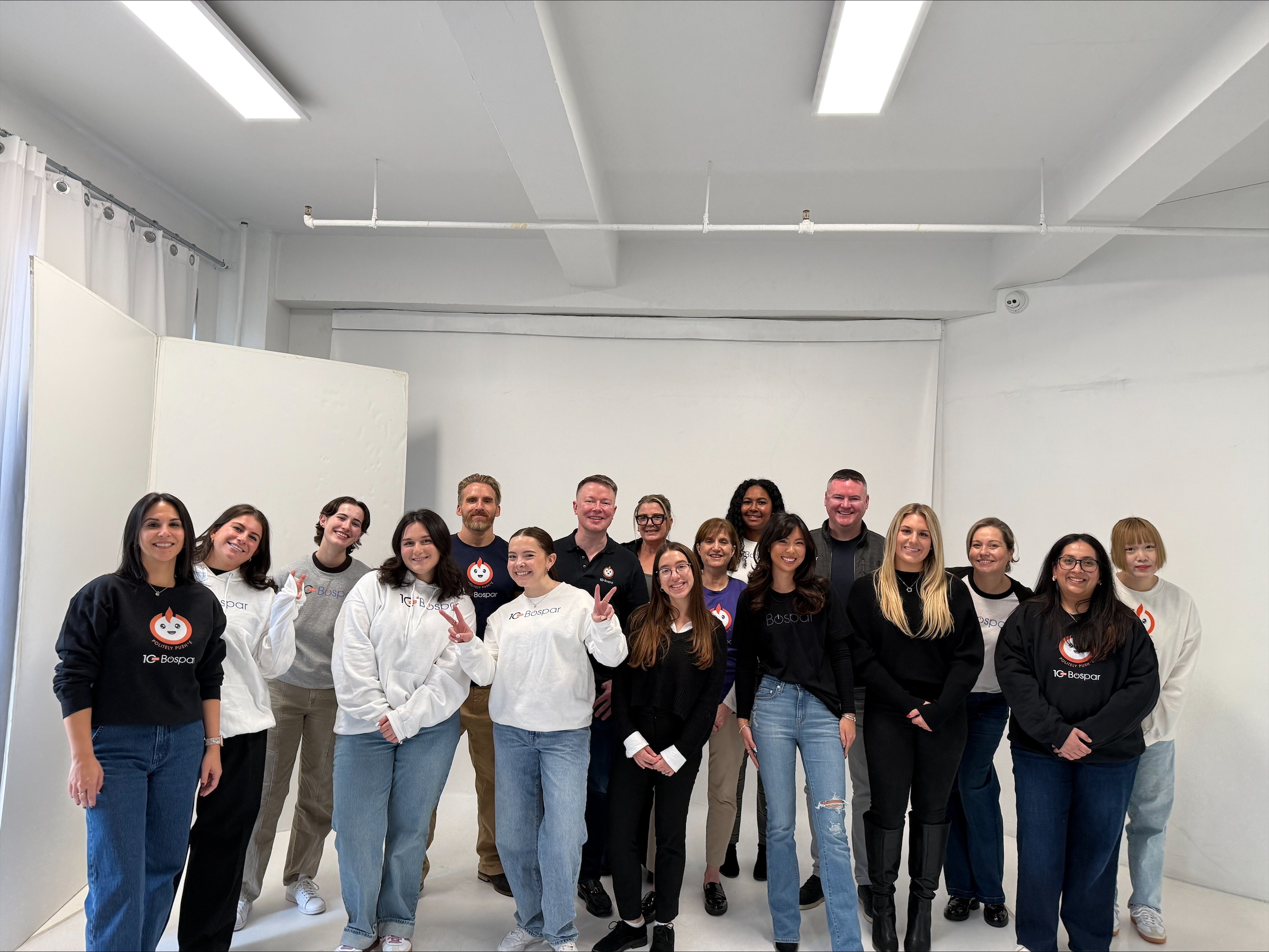December is filled with celebration, reflection and fresh starts.
The holidays encourage us to connect with loved ones, share generously and focus on gratitude—practices that hold cultural significance and have real benefits for our well-being.
By exploring the science of gratitude, we can use it to enrich our lives during this reflective time of year and carry its benefits into 2025.
Gratitude is more than just saying thank you; it’s an active mindset that shapes how we experience the world. Neuroscience shows that feeling grateful lights up areas in the brain involved in reward and motivation. This activity boosts dopamine, which helps reinforce positive emotions and behaviors. Research demonstrates that gratitude activates brain regions tied to moral cognition and reward processing, highlighting its deeply rooted neural mechanisms.
In other words, gratitude doesn’t just feel good—it rewires our brains to seek out more of what brings us joy, promoting positive emotional states and behaviors. This mental shift can have a compounding effect, encouraging us to approach challenges with optimism and view setbacks as opportunities for growth.
But the impact of gratitude goes beyond brain chemistry. Studies link it to reduced levels of cortisol, the stress hormone that contributes to chronic health issues like heart disease and depression. By cultivating gratitude, we build emotional resilience, which helps us manage life’s challenges more effectively. For example, expressing gratitude can change how we perceive stress, transforming overwhelming situations into moments where we recognize support systems and resources we might otherwise overlook.
On a physical level, gratitude has been shown to improve sleep, lower blood pressure and even strengthen the immune system. Something as simple as writing down what you’re thankful for at the end of the day can help you fall asleep more quickly and rest more deeply. Gratitude journaling significantly improves sleep quality, increases optimism and enhances overall well-being, reinforcing gratitude as a low-cost, high-impact intervention for fostering a positive outlook and better health.
For patients with chronic illnesses, expressing gratitude has been tied to better outcomes. In one study, heart failure patients who kept gratitude journals experienced lower inflammation levels and improved heart rate variability, markers of better cardiovascular health. Another study showed how gratitude practices improve both physical biomarkers and spiritual well-being in patients with chronic conditions like heart failure. These findings remind us that even small, consistent actions—like taking a few minutes each day to reflect on what we’re grateful for—can have measurable effects on our overall health.
The holiday season offers a natural framework for practicing gratitude. Traditions like sharing meals, giving gifts and spending time with loved ones are rich with opportunities to reflect on what we appreciate. These moments not only strengthen our social bonds, but also create a ripple effect of positivity within families, workplaces and communities. Gratitude can be described as a social emotion that strengthens interpersonal bonds by fostering trust, mutual investment and relationship satisfaction. Expressing gratitude not only benefits the individual, but also enhances the connections that hold communities together. Acts of gratitude during the holidays also inspire others to pay it forward, creating a cycle of generosity that extends well beyond December.
As the New Year approaches, the spirit of gratitude can seamlessly transition into our resolutions. Whether you’re focusing on health, relationships or personal growth, pairing your goals with gratitude can increase motivation and satisfaction. For example, instead of viewing exercise as a chore, frame it as a celebration of what your body can do. Similarly, expressing gratitude for your relationships can deepen connections and inspire acts of kindness, strengthening the social fabric of your life. By weaving gratitude into your goals, you create a mindset that prioritizes progress over perfection and helps you stay focused on what truly matters.
Gratitude isn’t just a fleeting feeling; it’s a practice with lasting impact.
Whether through a journal, verbal expressions or small daily rituals, it has the power to improve mental and physical health, nurture relationships and promote a more positive outlook on life.
As we navigate the end-of-year festivities and step into the promise of a new year, gratitude can serve as a bridge between celebration and renewal.
This December, consider making gratitude a part of your holiday traditions and resolutions. Finding moments to practice gratitude can set the tone for a healthier, more connected year—for yourself and those around you.




